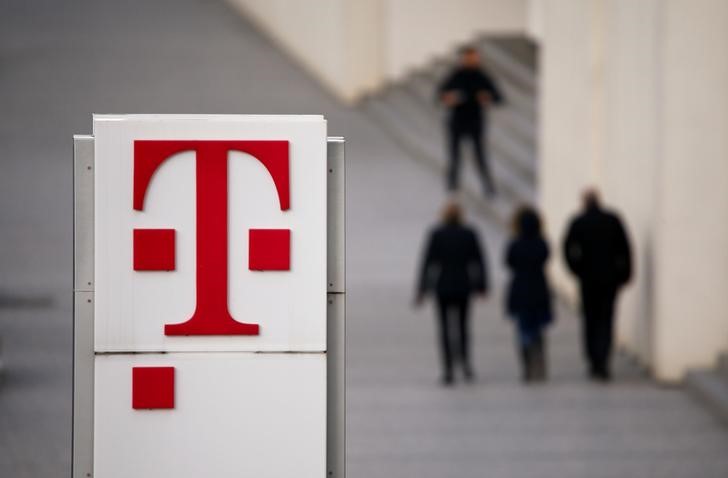By Foo Yun Chee and Julia Fioretti
BRUSSELS (Reuters) - The European Commission will unveil plans on Wednesday that could boost revenues for telecoms operators such as Deutsche Telekom (DE:DTEGn) and Orange and give publishers more power to demand payment from Google (NASDAQ:GOOGL) for news snippets.
The proposals are part of the Commission's efforts to reform the bloc's telecoms and copyright industries and help the 28-nation European Union catch up with Asia and the United States.
But the reforms, to be announced by Commission Vice-President Andrus Ansip, are expected to face fierce opposition from European lawmakers and EU countries, which have to approve them before they can become law.
One key proposal is to allow former telecoms incumbents to collaborate without running foul of EU competition rules as long as they promise to invest in upgrading their network infrastructure, according to a draft seen by Reuters.
Another would force EU governments to grant telecom spectrum licences for at least 25 years, providing a stable environment for operators to roll out expensive high-speed mobile broadband.
The Commission's copyright proposal will also give publishers more bargaining power vis-a-vis Google when demanding payment from the world's most popular Internet search engine for displaying snippets of their news.
A major beneficiary would be Germany's Axel Springer, Europe's biggest publisher, which has lobbied hard on this issue. In November 2014, it scrapped a move to block Google from running extracts of articles from its newspapers, saying the experiment had caused traffic to its sites to plunge.
The proposed rules also seek to rein in chat apps such as Microsoft's Skype and Facebook's WhatsApp by extending security and confidentiality rules which currently only cover telecoms providers.

The EU reform plans came after heavy lobbying by telecoms and Internet companies.